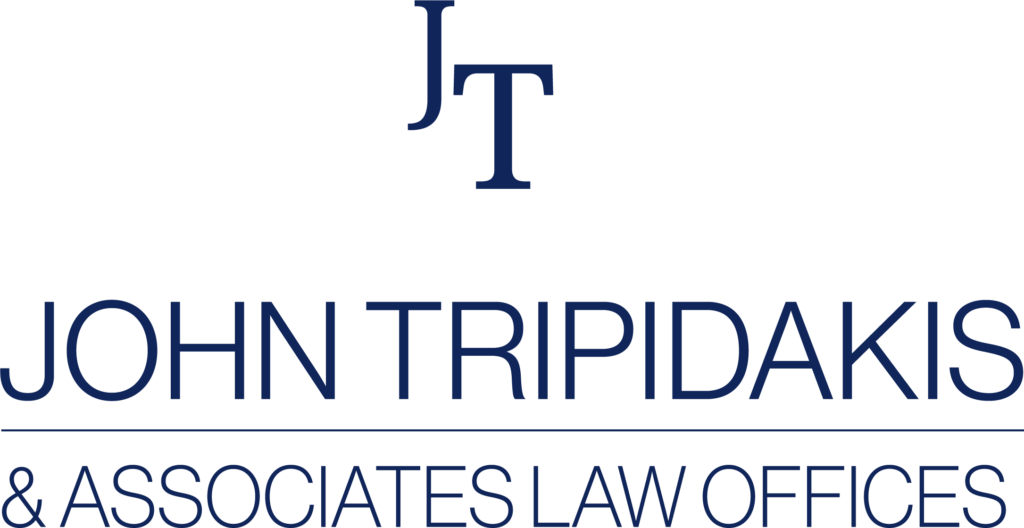Through a power of attorney (POA), the grantee (proxy) may effect legal transactions on behalf of the grantor.
Granting a POA in Greece is a unilateral transaction without the need of the grantee’s signature; it is required to be addressed to the grantee.
The authorisation is subject to the form required for the completion of the transaction to which the power of attorney refers. So, if for example, the POA is for the acceptance of an inheritance /sale /purchase /gift of real estate property, then the POA must also be executed before a public notary who will notarise the signature of the person giving the POA.
Greek POAs need to be very detailed. There is no “general” POA in Greece that can cover in a couple of lines any and all representations of any kind and before any authority, banks etc. Specific reference to the desired procedure and the competent authority before which the representation will take place, needs to be included.
It is worth mentioning that although the power of attorney in Greece aims to serve the need for convenience, it may be at the same time a dangerous document as it gives liberty to the proxy to act with the danger for the grantor to be improperly bound by the actions of the grantee, if misused.
A power of attorney in Greece may cease through revocation. The revocation occurs with a declaration served on the grantee. If the power is given through a notarial POA, then it is only revoked through the same form.
Greek Civil Code grants the obligation of the proxy to render accounting. Therefore, if for example, the proxy had the management of the grantor’s case, so far as such management entails collection of money and payment of expenditure, he is obliged to provide accounting.
It is only reasonable that POAs are drafted by a competent lawyer who will protect the interests of the grantor.
December 2025

